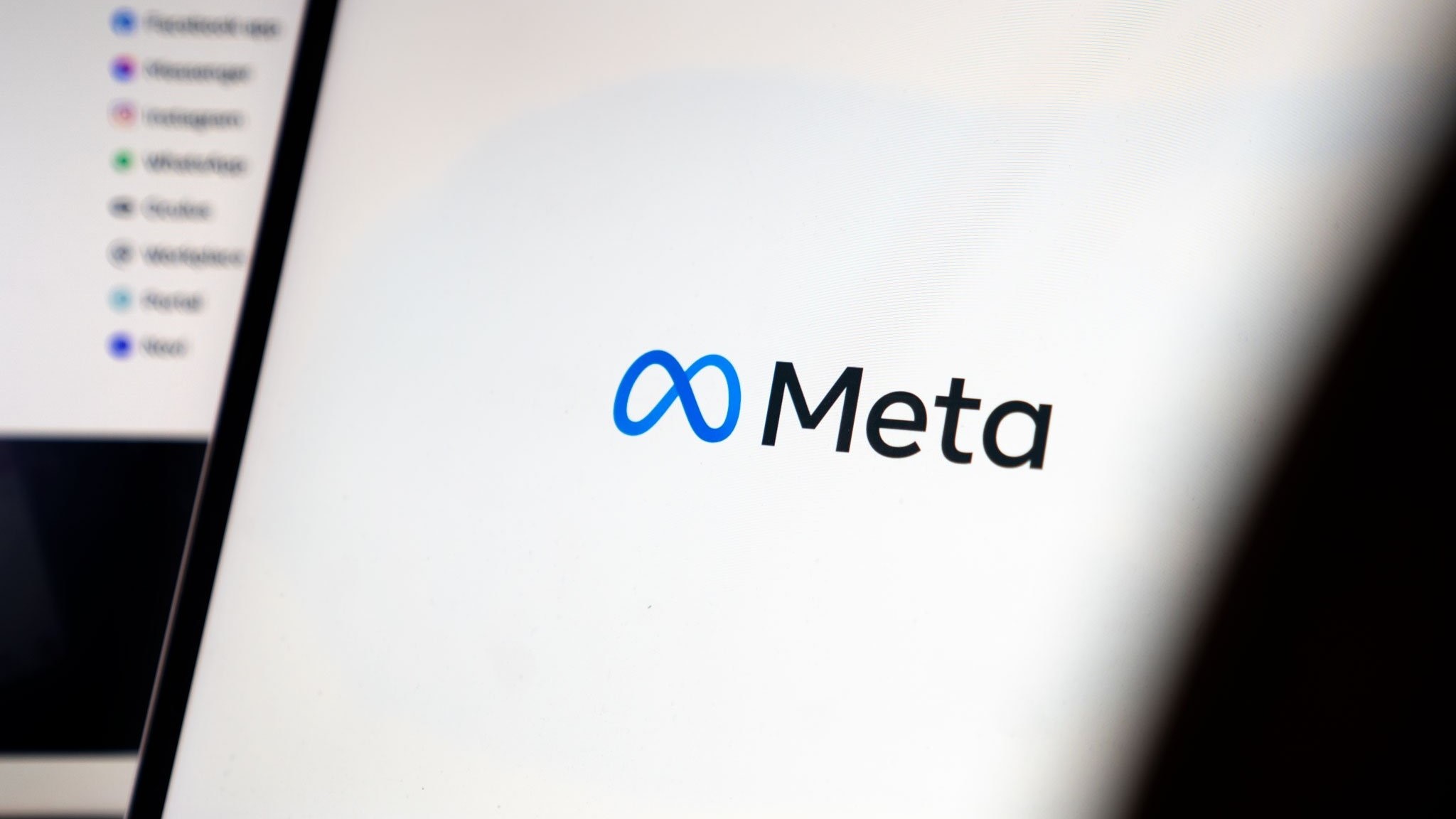Meta cuts more than 11,000 employees in its biggest layoff
Mark Zuckerberg takes the bullet for this unfortunate decision.

What you need to know
- Meta has laid off more than 11,000 employees, representing 13% of its workforce.
- The layoff marks the first big job cuts at the social media giant since its inception in 2004.
- Mark Zuckerberg also announced that Meta will keep its hiring freeze in place until the first quarter of 2023.
The writing has been on the wall, and Meta has now done the inevitable. CEO Mark Zuckerberg today announced a massive round of layoffs affecting more than 11,000 employees who account for 13% of the company.
In a letter to employees, Zuckerberg stated that he takes accountability for the decision to let these people go as the company seeks to cut costs following losses in recent months. "We are also taking a number of additional steps to become a leaner and more efficient company by cutting discretionary spending and extending our hiring freeze through Q1," he wrote.
Employees who are laid off will receive 16 weeks of base pay plus two weeks for each year of service. They will also receive their stock-based compensation for the November 15 vesting, six months of health insurance coverage, and assistance with their career change.
Meta's massive layoff was not without forewarning. The social media behemoth has been losing money since early this year as a result of the global economic downturn, which has been exacerbated by the Ukraine war and its massive metaverse spending, which has worried investors.
Before rebranding Facebook to Meta, the company announced its intention to create up to 10,000 jobs in the European Union to help build the metaverse in hopes of connecting everyone in an entirely new way. During the company's third-quarter earnings call in 2021, Zuckerberg revealed that the company was investing up to $10 billion in this immersive digital realm.
Despite Meta's massive layoffs, it still employs more people than last year, as noted by UploadVR's David Heaney (via Twitter).
Zuckerberg takes the blame
"At the start of Covid, the world rapidly moved online and the surge of e-commerce led to outsized revenue growth," Zuckerberg noted. "Many people predicted this would be a permanent acceleration that would continue even after the pandemic ended."
Be an expert in 5 minutes
Get the latest news from Android Central, your trusted companion in the world of Android
However, he has admitted that he became overzealous with the pandemic-induced e-commerce surge and got it wrong. Zuckerberg said that he decided to significantly increase Meta's investment. Now, he says he takes responsibility for this massive layoff.
"Unfortunately, this did not play out the way I expected," he said. "Not only has online commerce returned to prior trends, but the macroeconomic downturn, increased competition, and ads signal loss have caused our revenue to be much lower than I’d expected."
Things took a turn for the worse since. Meta announced hiring freeze and cost-cutting measures in September, following in the footsteps of Google. Meta's third-quarter 2022 earnings showed no signs of improvement, as revenue fell and AR/VR losses widened. During the third quarter, the company's revenue was $27.7 billion, a 4% decrease year on year. Reality Labs also suffered a $4 billion loss.
Meta is not alone in its decision to lay off a large portion of its workforce. Many tech behemoths have implemented job cuts in recent months, fearing that the uncertain global economic situation will harm their bottom line in the long run. Twitter, for example, recently implemented massive job cuts that affected half of its total headcount.
For the time being, Meta's only option is to devote more resources to high-priority areas such as its AI discovery engine, ads and business platforms, and, of course, the metaverse. Meta has already reduced its budgets, perks, and real estate footprint in addition to job cuts.

Jay Bonggolto always keeps a nose for news. He has been writing about consumer tech and apps for as long as he can remember, and he has used a variety of Android phones since falling in love with Jelly Bean. Send him a direct message via Twitter or LinkedIn.
